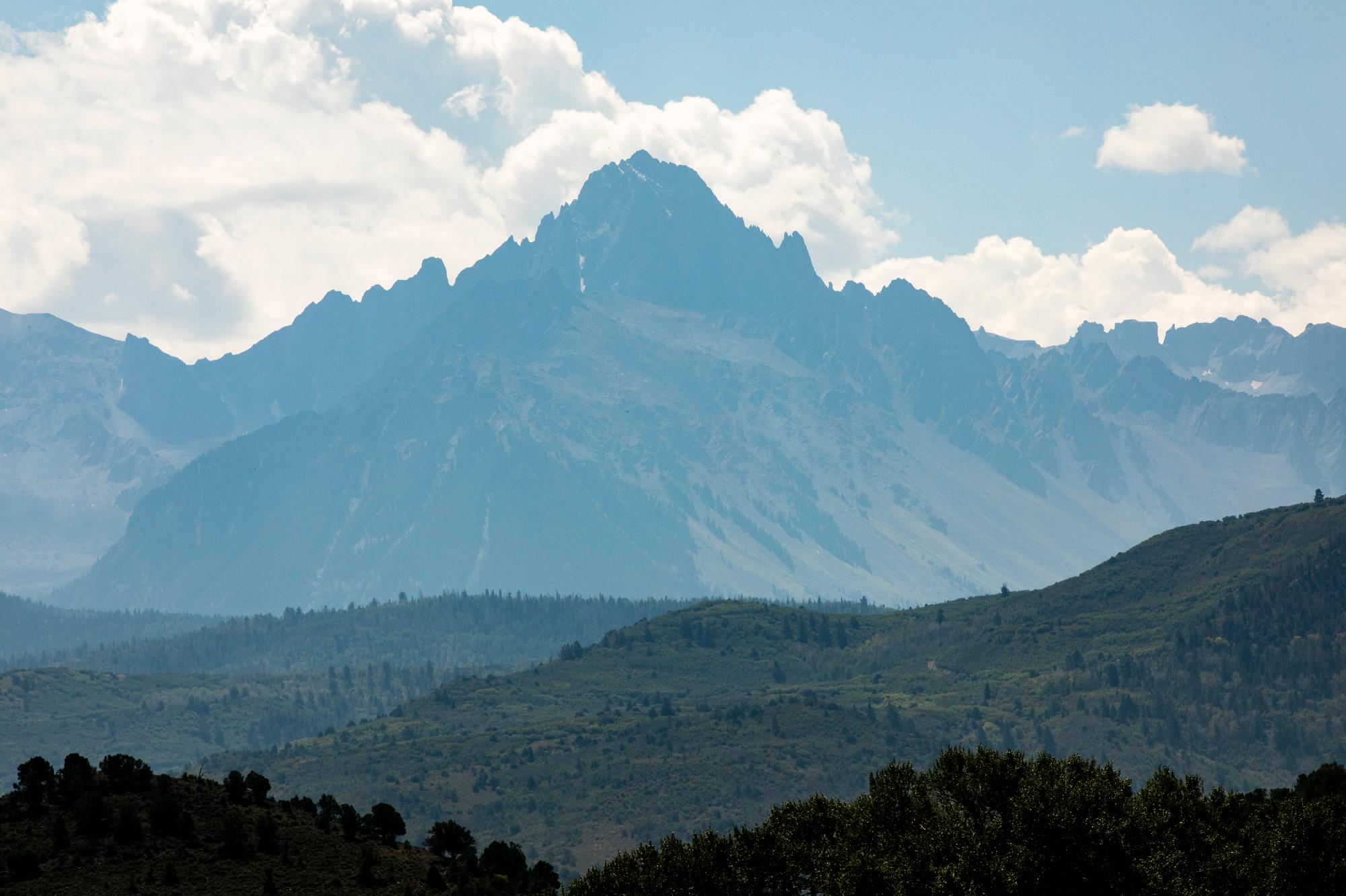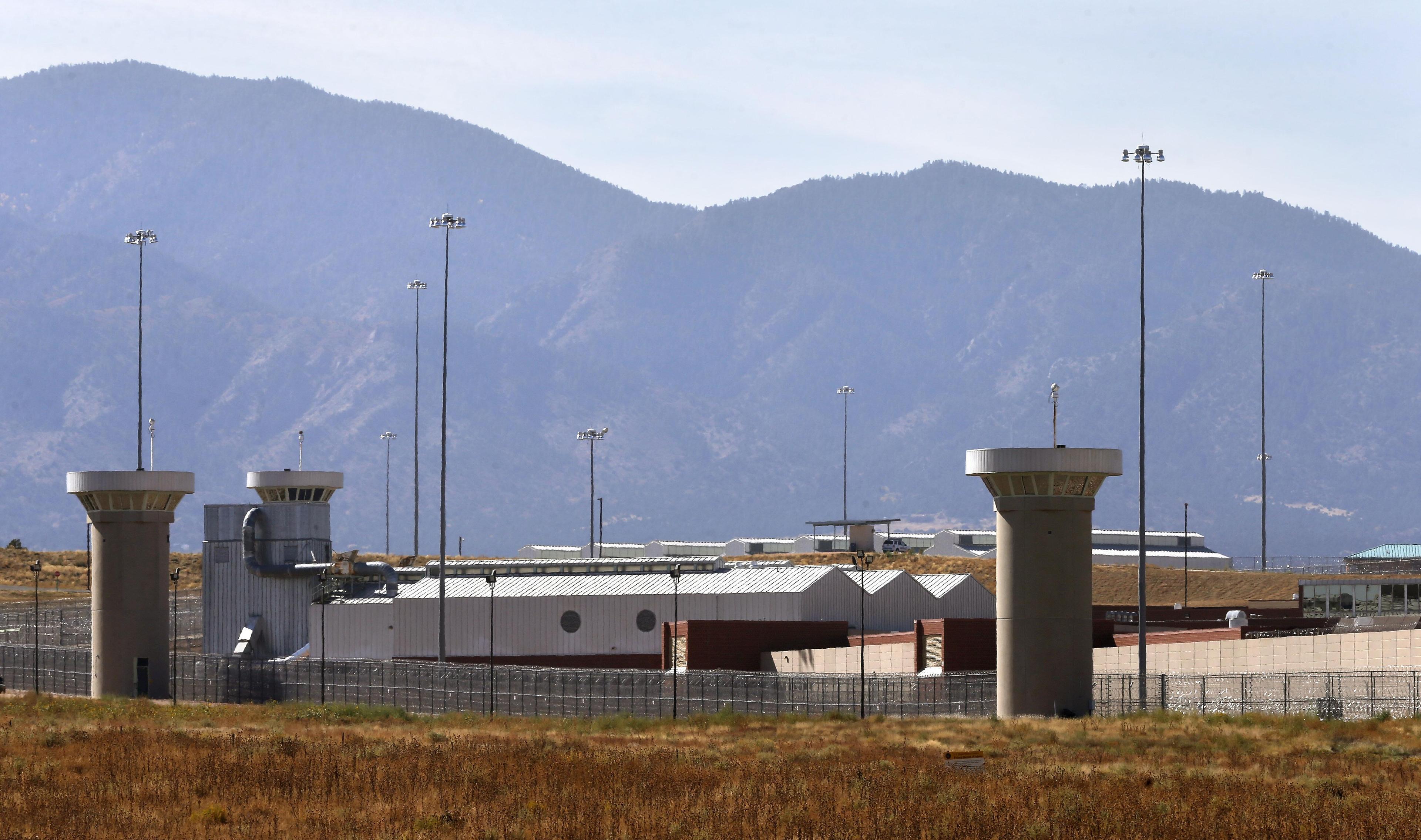
“Oh, Danny Boy, the pipes, the pipes are calling
From glen to glen and down the mountainside
The summer’s gone and all the roses falling
‘Tis you, ‘tis you must go and I must bide.”
Over a decade ago, Fort Lewis historian Andrew Gulliford made the difficult hike up to an abandoned mine clinging to a precipice above Ouray. Gulliford was not interested in the mine itself, but he was looking for signs of Margaret Weatherly.
“I was sitting on the steps of the old bunkhouse, looking at names that had been scrawled on the front door, and I saw ‘Margaret Weatherly, June 7, 1924’” he said. “I thought, ‘Aha, there it is.’”
Weatherly may not be a name known to many, but a song she had a hand in creating has been sung at wakes, funerals and St. Patrick’s Day celebrations for over a century. Although “Danny Boy” brings to mind the hills and dales of Ireland, the song actually has roots in the San Juan Mountains of Colorado.
A poem meets an old Irish tune
It was there in 1913 that Weatherly, the wife of a patrician miner from England, linked an old Irish tune to a poem that had been written by her brother-in-law, Frederic Weatherly, an English barrister and lyricist. The poem was written in 1910 as Frederic mourned the deaths of his father and his son. He intended for it to be a song, but no one had succeeded in coming up with the right melody to suit the sad words.
That is, until Margaret Weatherly thought of a tune she had heard her father, who immigrated from Ireland, and other Irish railroad workers play when she was a child in California.
The tune, known as the “Londonderry Air,” was put to paper in the mid-1800s by Jane Ross, a woman who lived in Limavedy, a town in what is now Northern Ireland. Ross did not write the song, but allegedly heard it played outside her home. She submitted the song to a collector, who then put it in a book of Irish music.
The melody was popular with mouth harp, fiddle and pipe players who emigrated to the United States, which is how Weatherly heard it. Years later, while sitting in the cabin near the mine above Ouray, she matched the tune to “Danny Boy,” her brother-in-law’s poem.
Sad song, sad life
When Edward and Margaret Weatherly arrived in Ouray in 1905, they stood out in the rough mining town. An aristocratic Englishman, Edward told townspeople that he was a physician, but medicine was not his interest. He instead was drawn to the town by his fascination with silver mining.
The Weatherlys toiled in the Neosho mine, hoping to unearth riches, but their search proved unsuccessful. According to records archived by the University of Colorado and correspondence sent by the Weatherlys, the couple was so poor that they suffered from malnutrition and lacked proper clothing to stay warm in Ouray’s snowy winters.
Just as mining turned out to be a losing proposition, Margaret Weatherly’s hand in creating “Danny Boy” went unacknowledged. The song became popular soon after it was published in England in 1913, but Weatherly was not given credit for it. Her name does not appear on the copyright and she did not receive royalties.
Edward died in 1934, and a grieving Weatherly slipped into madness. After Edward’s death, she described having visual and auditory hallucinations. Her writings grew increasingly illegible until they were nothing more than indecipherable squiggles. She became paranoid and her odd behavior was too much for the people of Ouray, who sent her to the state mental hospital in Pueblo in 1936. She died there three years later.
The Baby Doe Tabor of Ouray
Andrew Gulliford, the historian, thinks of Weatherly as the Baby Doe Tabor of Ouray.
“Baby Doe Tabor behaved in much the same fashion, living out her days in poverty in a cabin in Leadville after her silver king husband, Horace Tabor, lost his fortune and left her a penniless widow,” he said. “Only in Baby Doe’s case, townspeople watched out for her. Margaret Weatherly does not seem to have gotten that kind of help.”
Though “Danny Boy” has become a highly recognizable song recorded by the likes of Elvis Presley and the Muppets, not much is known about Weatherly, aside from her reddish-brown hair and her hobby of singing. One of the ironies of the tune is that Weatherly never set foot in Ireland.
The Neosho mine is now abandoned, but travelers heading south on Red Mountain Pass from Ouray just need to look up to the West. There they will see a clothesline with brightly colored T-shirts flapping in the wind — a monument to the mine placed by the Ouray History Museum. And if they roll down their window, they might hear the pipes calling.









